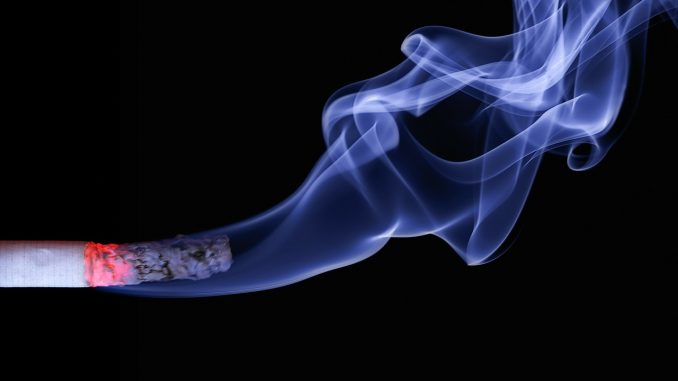
Australia was the first country in the world to introduce plain packaged cigarettes in 2012. And despite various legal challenges, it looks as though the policy will continue for the foreseeable future. The Australian government claim that it has had a positive impact on smoking rates, and following their introduction, other countries including the UK, France, Ireland and Hungary have all adopted the measure. But how effective is it?
How has plain packaging affected tobacco consumption?
The tobacco industry claims that plain packaging has no visible impact on smoking rates, and that it could be encouraging more illegal trade of counterfeit packets. Research conducted by Europe Economics supported that, statistically, there’s been very little impact on tobacco consumption in the UK since the plain packets were introduced last year. It also found that three in five adults in the UK believed that it would eventually result in more illegal cigarettes being sold.
In an interview, Ben Townsend, Head of EU Affairs for JTI said: “What this evidence and public opinion research shows is that plain packaging should never have been introduced in the UK. Other European countries considering the measure should think twice before importing a failed experiment, which appears to have back-fired big time. One year ago, the UK government introduced plain packaging for tobacco products in the absence of clear supportive evidence from Australia [at the time, the only country in the world to have introduced the policy]. Five-and-a-half years into the Australian experiment, we see that plain packaging has completely failed to reduce smoking rates”.
Consumer choice
Another argument put forward by the industry is that plain packages deprives consumers of choice, and is an attack on freedom of expression for tobacco brands. According to the group CCC (Consumer Choice Center): “It drives the black market and does not lead to lower consumption of products, as plain packaging in Australia or the UK show, and limit consumer choice.” The group recently launched an initiative called “BrandsMatter!”, which argues against the use of plain packaging on any type of product.
The group noted: “Historically, brands emerged as a result of urbanisation, people moved to larger cities and therefore didn’t have the quality certainty they once did in their one-shop village. Entrepreneurs filled that gap of trust by offering branded products consumers were certain about. Companies utilise brands in order to build and retain customer loyalty. Black market products are not subject to any controls or quality requirements and thus are more harmful than legally sold products. Brands began as a self-regulating form of consumer protection.”
What does the WHO say?
Despite these concerns, the WHO argues that plain packaging is a very effective tool in reducing smoking rates, and they have rejected the claim that there’s a higher risk of counterfeits being sold. They point out that in Australia, there’s evidence that they have contributed to a drop in the number of smokers.
It was noted: “The analysis finds that about a quarter of the drop in prevalence observed in the months subsequent to introduction could be attributed to the plain packaging policy. The Post-Implementation Review concluded that plain packaging has contributed along with other tobacco control policies to continuing reductions in the prevalence of smoking.”
The WHO also argue that that in countries like the UK and France, which have recently introduced plain packaging, it’s too soon to make any analysis on the impact it has had on smoking rates. In addition, previous research has consistently shown that plain packaging makes smoking less appealing, and can help to reduce the positive perception of cigarettes in young people.
In regards to illicit trade, they said: “WHO is working closely with countries on all policy measures contained in the WHO FCTC, including plain packaging. We are supporting countries to adopt stronger policies and implement them as well as monitor the progress and the impact of policies in countries. Plain packaging, as well as all other evidence-based tobacco control policies, is not leading to the illicit trade in tobacco products. Illicit trade globally is not related to health policies but rather to the work of other sectors in countries mandated to control illicit trade in general, such as border control, customs, police.” it noted.


Leave a Reply